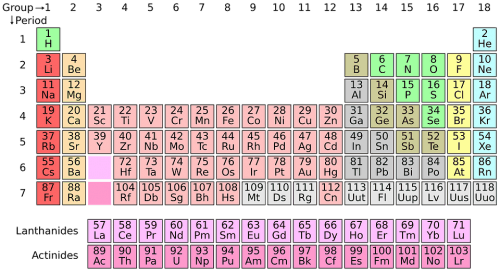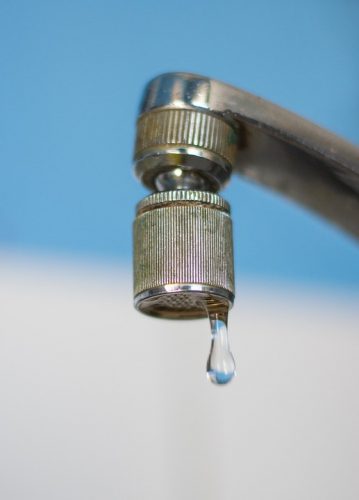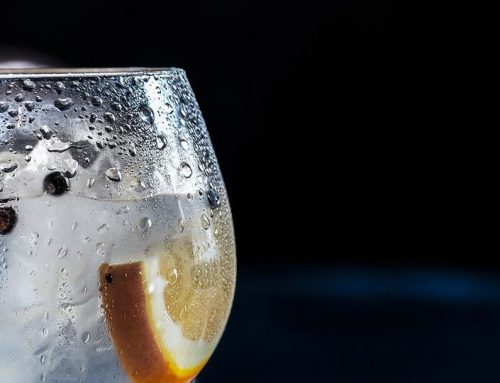You may be thinking that hard water is only a rusty nuisance, staining your clothes and sinks, but it actually has high mineral content that can damage your appliances and other items. Hard water is a major problem in any businesses and homes. In this article, I will take you through the potential damages and losses that hard water may be causing your business or home, but first, let’s take a quick look at what hard water really is.

What is hard water?
In the simplest terms, hard water is water that contains high amounts of minerals, primarily calcium and magnesium. Water picks up these minerals as it percolates through chalk and limestone deposits, which are largely made of magnesium and calcium carbonates.
You may sometimes feel this hardness as a film of residue on your hands after using soap with hard water. The soap reacts with calcium in the hard water to form soap scum. As a result, you need more soap or detergent when cleaning things likes laundry, hands, hair, and so on. So, what are the other harmful effects of hard water?
Harmful effects of hard water on your home/business
Most public water supplies have certain amounts of calcium and magnesium minerals. Excess amounts of these minerals are often not absorbed by the body; they are effectively flushed out of the system without major harmful effects. Unfortunately, the same cannot be said for household and industrial items such as plumbing and other surfaces that come in contact with hard water. So, why is hard water harmful? I am glad you asked. Here are some the specific areas and items susceptible to hard water damage.
1. Plumbing
As hard water flows through your plumbing system, it reacts with the inner linings of your pipes. This leaves behind mineral deposits and scaling that will eventually clog the plumbing system. When this happens, you will need to replace the pipes which increase the overall cost of maintenance.
2. Water Heaters
When using hard water, mineral deposits form on heating elements in water heaters. The mineral deposits and the scaling form an insulating barrier between the heating element and water, which significantly reduces the efficiency of the water heater. The same happens to gas water heaters too, where the deposits form directly above the burner in the water tank. Regularly flushing and draining of gas water heaters can help reduce the effects of hard water. Generally, mineral deposits in water heaters lessen the efficiency of the heaters and increase the cost of heating water.
3. Faucets
Scale tends to build quickly at a point where water flow is slightly restricted. Faucets, valves, and shower heads often become clogged with even the slightest deposits and scaling in the pipes. Dripping faucets eventually damage the rubber washers and leave stains on your sink. Lime and Scale build-up in the inner faucet mechanisms often make replacing valves and washers difficult.

4. Kitchen Appliances
The heating elements of tea and coffee makers are also prone to mineral build-up. As the minerals build-up over time, the efficiency of the heating elements reduces and increases the time required to heat the same amount of water. This consequently increases the heating cost. Any other appliance used to store and heat water is also subject to mineral deposits and scale.
5. Bathroom and Kitchen Surface Materials
Whenever hard water passes over certain surface materials it deposits minerals that produce a scaly, crusty build-up the can become difficult or even impossible to remove. In many cases, lime scale ends up damaging the finish surface on shower enclosures, glass, marble, granite, and fixtures. Minimizing the hard water contact time with this materials as well as removing the water hardness can significantly reduce the corrosive effects of lime and scale.
6. Dishware
Glassware, silverware, and dishware are extremely prone to hardness stains and scale. It’s the main cause of dullness and etching of these items. Hard water mineral deposits also develop on other items used to heat water such as pans, cooking pots, kettles, coffee makers and teapots.
7. Laundry
Hard water makes fabrics look gray, dingy and dull, which also leaves them rough and stiff. Clothes and linens wear out much faster through soap build-up in the fibers. Hard water and detergents don’t mix as well as soft water. This means you will need more soap, time and effort to create suds and achieve the desired cleansing effect. Repeated repairs on washing machines and dishwashers majorly caused by mineral build-up from hard water.
Conclusion
I hope the above answers your question on why is hard water harmful. And as you can see, the effect of hard water touches on a wide range of household and industrial items. The solution is to condition your hard water with one of the leading brands of water softeners, by so doing, you will greatly reduce the mineral deposits and scaling, which will eventually save you a lot of costs.
